When you’re organizing a trip to Italy, safety is one of the most pressing issues that comes to mind.
On the whole, Italy is a very safe country to visit, boasting low crime rates and a welcoming vibe, but you should still know about things to watch out for, such as petty theft, local laws, and natural dangers.
In this article, I’ll share my best safety advice, including generic safety tips, what to do in an emergency, and some social customs you should be aware of.
With this information, you’ll be well-equipped to stay safe as you explore Italy.
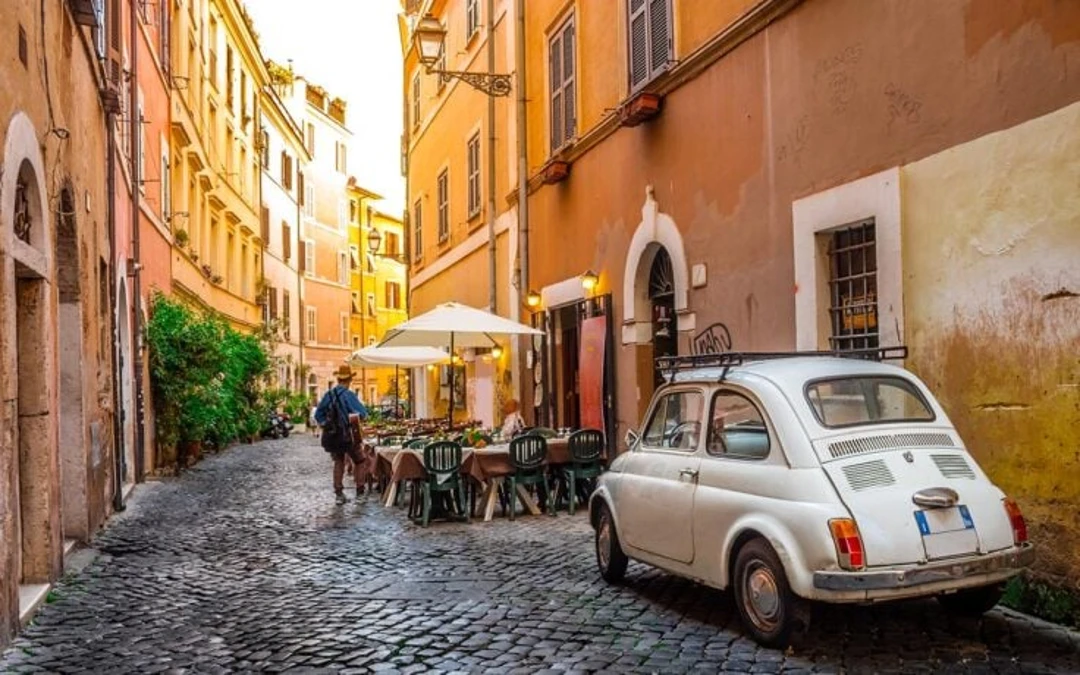
Is Italy Safe to Travel?
Yes, Italy is safe to travel.
Italy is generally considered a safe place to visit. Violent incidents are rare by global standards and within Italy you’ll be able to enjoy the country’s historical culture, gorgeous countryside, and stunning beaches without too much concern.
No place is entirely free from criminal activity, but most Italians believe their country is safe for tourists.
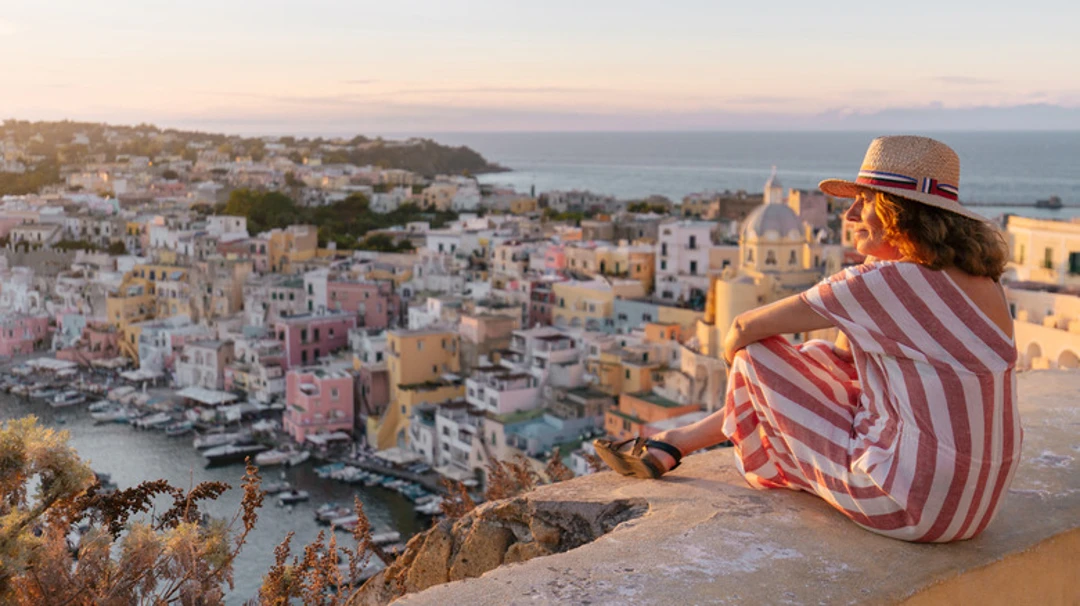
When you’re planning your trip to Italy, be sure to keep in mind its few rare hazards, such as petty crime in touristy places.
But if you prepare yourself and take precautions while you’re there, you can easily avoid most of these issues.
Natural Disasters in Italy
1. Earthquakes
Italy is on a seismic fault line and is no stranger to earthquakes. The region of central Italy (e.g., Umbria, Abruzzo) experiences the most activity, though the quakes are rarely strong.
If you experience tremors, get under some sturdy furniture, wait for the shaking to stop, and then proceed to open ground.
2. Flooding
There’s a risk of flooding, most notably in Venice. The city’s famous canals regularly overflow at high tide, a phenomenon known as “acqua alta.” This most typically occurs in the late fall and winter.
If you’re traveling during those months, bring waterproof boots and monitor the local news for tide alerts.
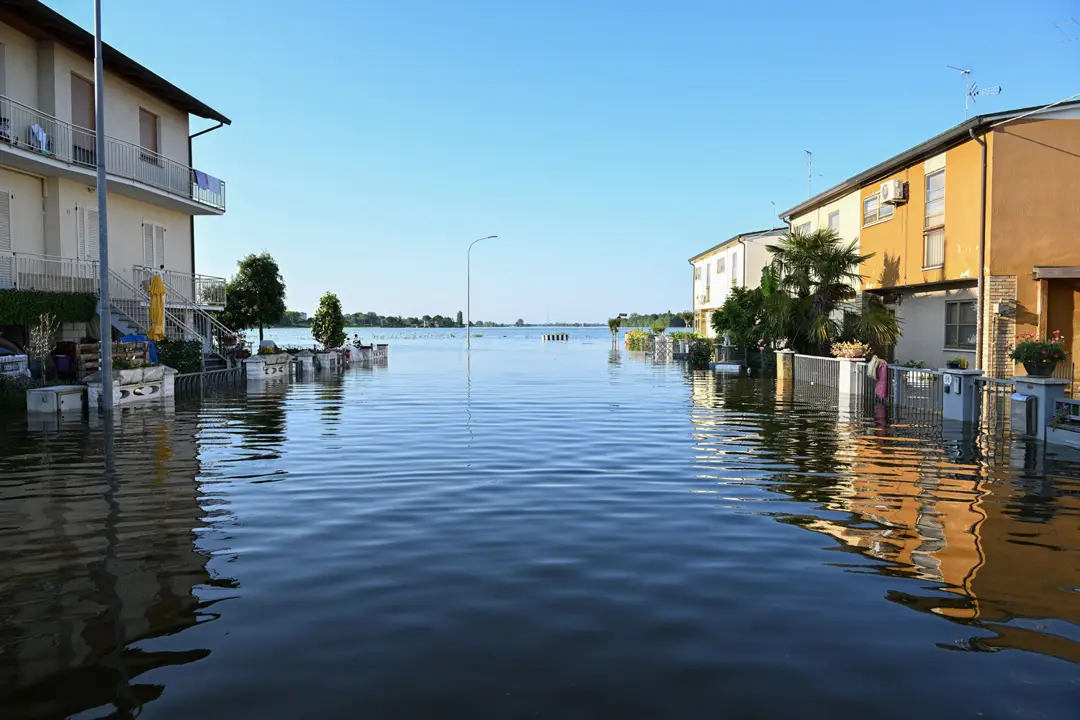
3. Wildfires
Summers in Southern Italy can get very hot, and regions like Sicily and Sardinia are hotspots for wildfires. Fires can start and spread easily, particularly when it’s dry.
If you’re visiting during the summer, monitor the news and air quality. Arrange outdoor activities in a way that helps you stay safe.
4. Volcanic Activity
Italy is home to volcanoes such as Mount Vesuvius (by Naples) and Mount Etna (Sicily). While it’s exciting to see them and learn about them, these are living volcanoes. The risks of eruption are incredibly low, but it’s not zero.
When you’re there, always heed advice and tips from the locals and keep an eye on the activity report.
Transportation Safety
1. Public Transportation
For the most part, taking public transportation around Italy’s cities is a safe and easy experience. It’s also a great way to experience local life.
Just keep in mind that during rush hours, buses, trains, and metro tend to get quite busy. Keep your valuables secure and be wary of pickpockets at busy stops.
Don’t forget to validate your ticket too or you risk a fine, and listen for announcements that inform you of any problems or delays.
2. Taxis and Ride-Sharing
Taxis and ride-sharing services are the most common way to travel, particularly in major cities. Opt for trusted companies or apps such as Uber or Lyft to be safe. The unregulated ones are where you could be overcharged or worse.
Always verify that the taxi is legitimate and establish the cost before you get in if it’s a metered cab.
3. Driving in Italy
If you’re planning to rent a car, just a heads up: driving in Italy is not for the faint of heart.
Roads in the countryside provide stunning vistas but are also narrow and curvy. Drive slowly there. Urban roads are frequently congested and narrow, and Italian drivers aren’t shy, so bone up on road signs and, if necessary, carry an international driver’s permit.
Seatbelts are mandatory, don’t touch your phone, and a GPS will get you through the cities easier.
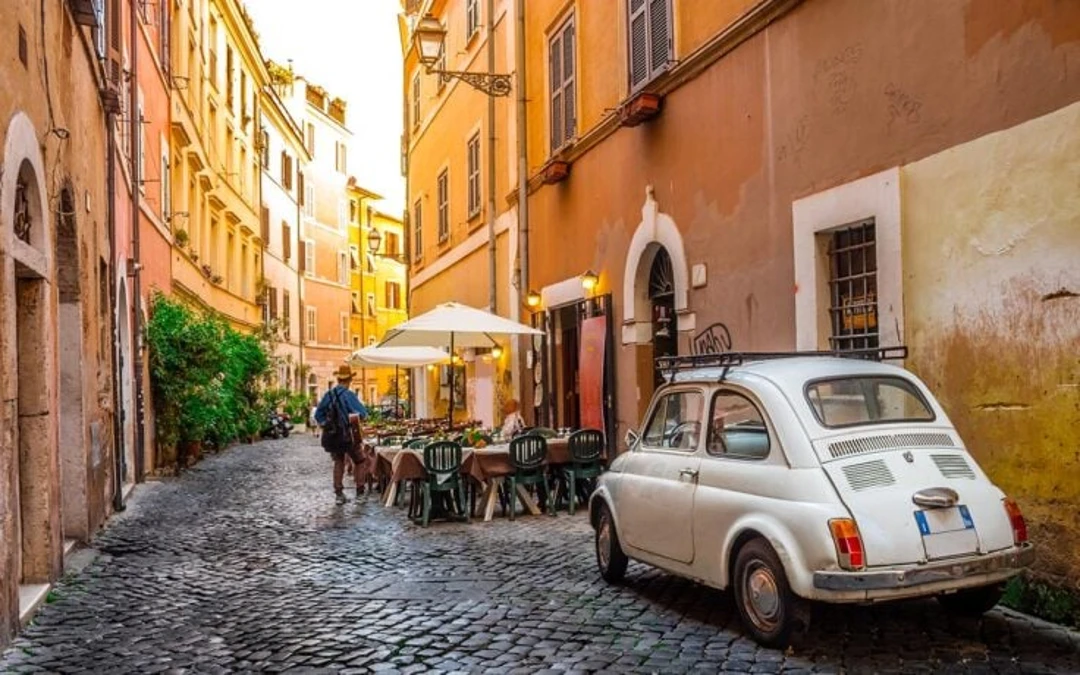
Crime and Scams
1. Petty Crime
Italy is one of those countries where you need to be mindful of pickpockets and purse snatchers, particularly in busy tourist destinations, such as train and bus stations.
They are usually extremely adept, blending in effortlessly with the rest of the crowd while they help themselves to wallets or phones.
Just stay vigilant and keep your valuables safe. (Money belt or anti-theft backpack is always a wise choice here.)
2. Terrorism
As with much of Europe, Italy is on alert for potential terrorist threats.
Fortunately, attacks are few and far between, and the vast majority of visits to the country occur without trouble. The Italian government works hard to maintain the safety of the country and police are visible around popular tourist sites.
3. Spiked Food and Drinks
Exercise caution while out at the clubs in Italy after dark. Even though it’s rare, some bars and nightclubs have been known to spike drinks.
Always watch your drink and never leave it alone, don’t accept drinks from strangers, and make sure to get your own beverages just to be sure.
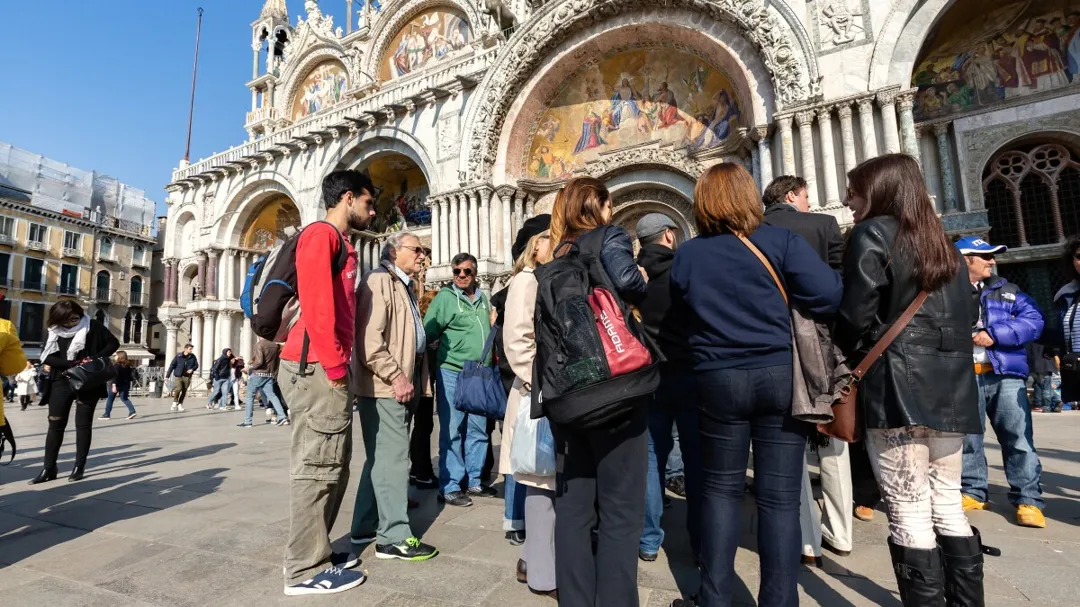
Taking these simple precautions will help ensure you have a fun and safe night out!
Local Laws and Regulations
1. Alcohol
If you like to drink, Italy has a lively drinking culture.
But there are also some guidelines to follow. The legal age to drink is 18, though some local regulations may set older age limits. And while drinking in public is legal, some cities have curfew restrictions.
It’s always wise to double-check the local laws anytime you plan to drink in a public area — particularly if you’ll be in a high-traffic tourist destination.
2. Smoking
Italy has strict smoking regulations. It is prohibited in all indoor public areas, such as restaurants, bars, and public transportation.
If you do smoke, try to find designated smoking areas, and don’t smoke unless you’re entirely sure it’s allowed, even outdoors. Local restrictions may vary.
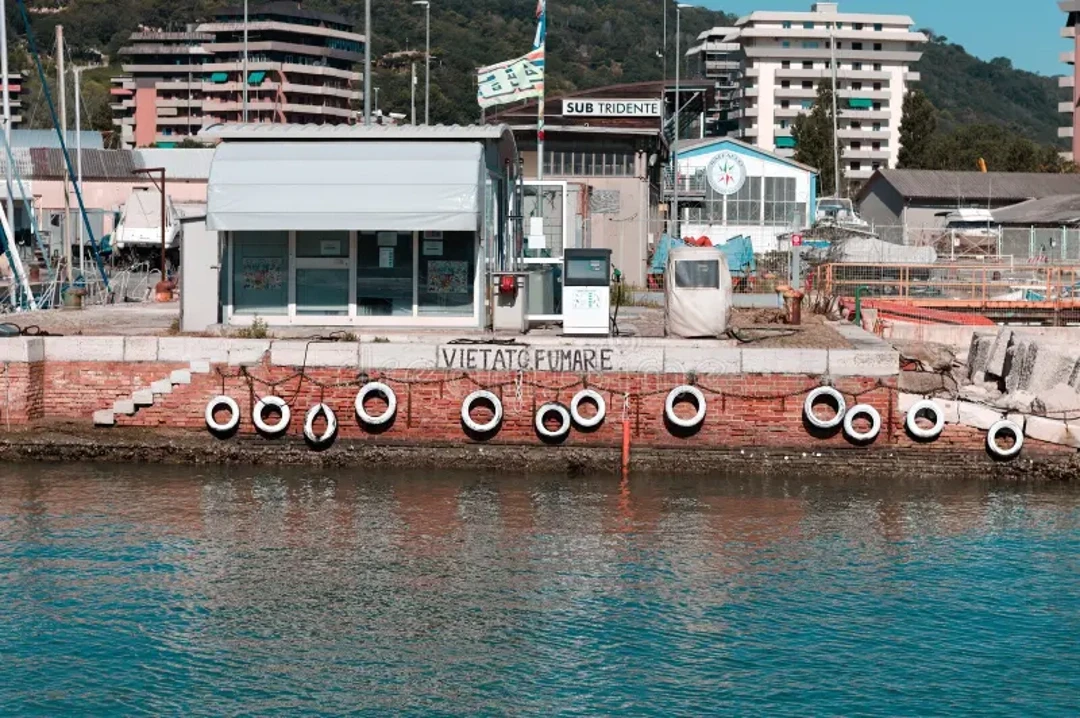
3. Drugs and Legal Restrictions
Italy has strict drug laws. Penalties for possessing, using, or trafficking illegal drugs can result in severe fines and imprisonment. It is imperative to not participate in any drug-related activities.
Always know the laws where you are traveling and avoid any potential legal issues.
4. Traffic Laws
Driving in Italy is an experience, but it’s essential to follow the rules.
Always wear your seatbelt and obey posted speed limits (which can differ from urban to rural areas). Watch out for Zona Traffico Limitato (ZTL) zones in several cities, as only authorized vehicles can legally enter these areas.
They are monitored by cameras, and you’ll face a hefty fine if you pass through one. Keep an eye out for road signs and whenever possible stick to designated parking to avoid any trouble.
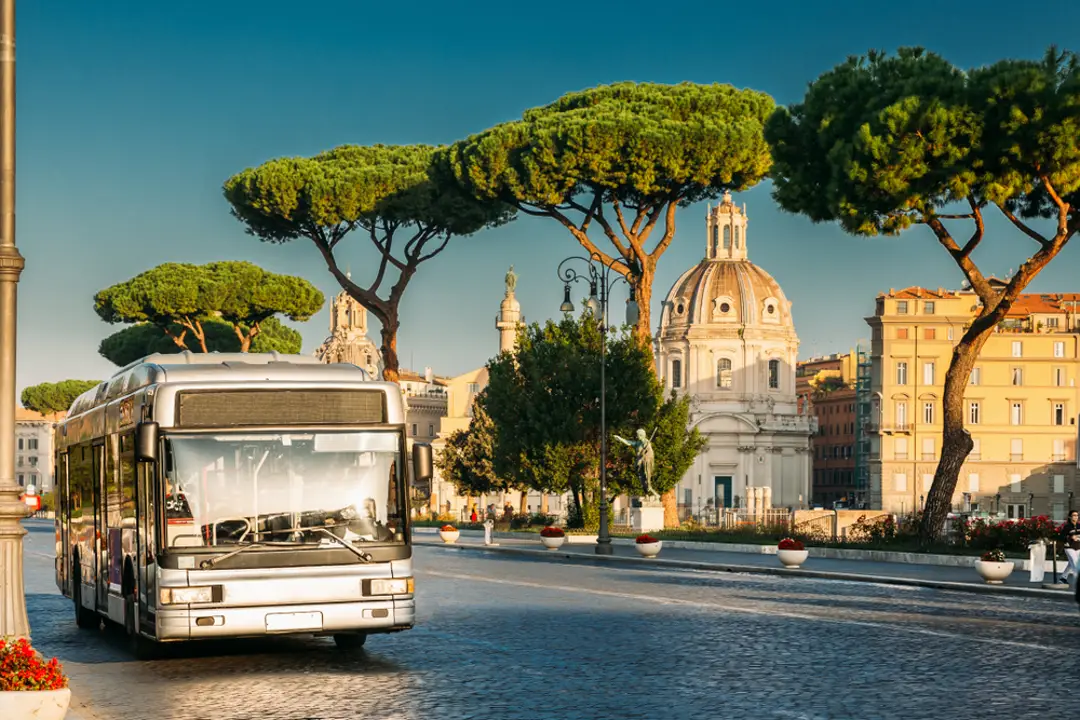
Safety Tips to Italy
1. Protect Your Belongings
In busy tourist locations across Italy, there is a high rate of pickpocketing activity. In order to safeguard your valuables, try carrying an anti-theft backpack and refrain from openly showing your valuables. Make sure your valuables are always secured to prevent theft.
2. Prepare for Emergencies
Knowing what to do in an emergency also gives you peace of mind. If an emergency occurs while you’re in the EU, call 112 for help.
3. Be Vigilant on Public Transport
Public transportation in Italy is great, but the buses and trains can get very crowded and pickpockets are known to frequent these areas. Be alert and keep your bag close to your body when on busy buses and trains or when at a train station.
4. Navigate Transportation Wisely
Enriching your travel experiences avoiding tourist traps and one way to do that is by choosing your transportation wisely. If you want to dodge the hidden fees and scams, stick to official cabs or tried-and-true ridesharing.
5. Adapt to Local Conditions
Whether it’s summer or winter, you must be weather-wise. In the summer, make sure you drink enough water, sunscreen up, and wear a hat to shield yourself from the sun. In the winter, always check the weather forecast before heading out so you can manage icy roads and trails.
6. Respect Cultural Norms
Cultural awareness will make your travel more enjoyable. It’s fun to learn about and participate in local customs. Don’t be ethnocentric and assume your way is the best way.
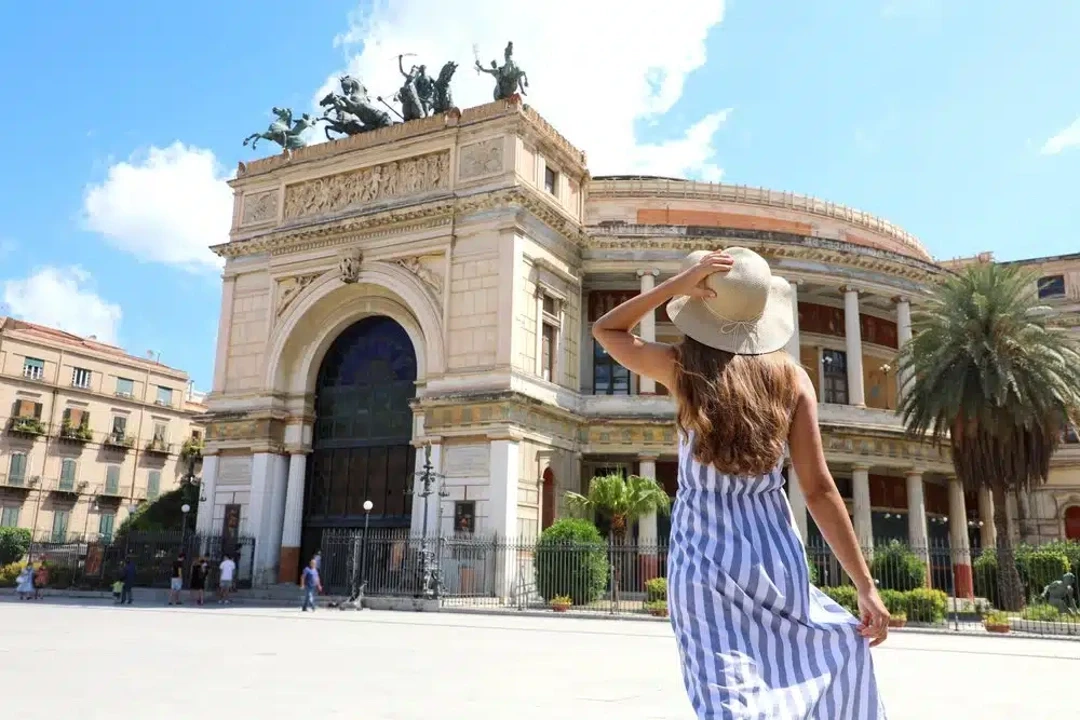
FAQ
1. Is Italy safe for solo female travelers?
Absolutely! For the most part, Italy is safe for solo female travelers. As always, use your common sense. Stay out of unlit areas at night, and always be mindful of your valuables.
2. Can I drive safely in Italy as a tourist?
My recommendation is that as long as you’re prepared for the rules of the road in Italy, you won’t experience any problems. Just obey the road signs and be extra.
3. What should I do if I lose my passport?
Contact the local police and your country’s embassy or high commission to obtain emergency travel documents.
4. Are credit cards widely accepted in Italy?
Yes, but still carry some cash for small shops. While credit cards can be used in most cities, cash works better in the rural areas.
5. Do Italians speak English?
Although many Italians know English, it is a good idea to learn a few phrases in Italian. It will help.
Conclusion
As always, when traveling to a new place, it is important to be aware of one’s surroundings, but overall, Italy is a very safe country. As long as you stay informed and use some common sense you will be fine.
Just remember that the minor hazards are easy to handle with some common sense precautions. Don’t allow them to take away from the thrill of your Italian experience.
So grab your gear, blend in with the locals, and enjoy the plethora of awesome opportunities in Italy!
